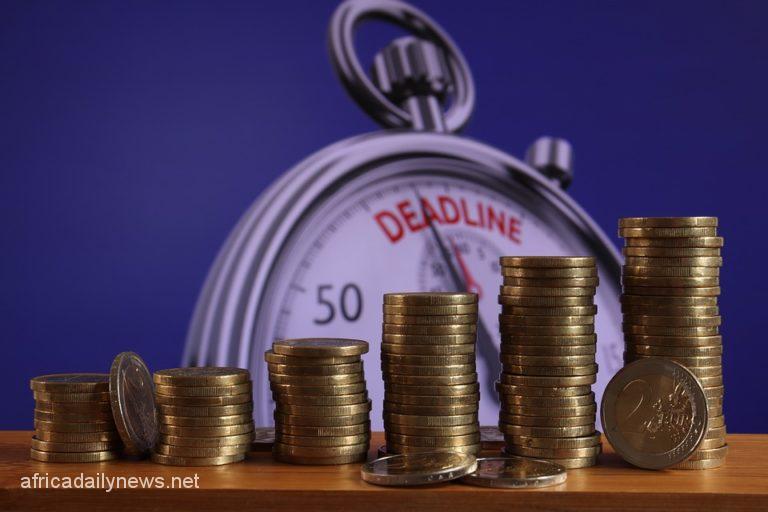African Consultative Group at the UN has highlighted the need to address rising debt vulnerabilities of developing countries, particularly in Africa.
The group also seeks effective ways to alleviate the weight of debt service on indebted African countries.
In a statement issued on Sunday in Washington D.C., the group stressed the need to continue working together to strengthen the debt resolution architecture.
Read Also: Nigeria’s Public Debt Now Close To ₦40 Trillion – DMO
The architecture, it explained included improving on the Common Framework for debt treatments and technical assistance within the Multipronged Approach to address capacity requirements.
The group issued the statement at the conclusion of its meeting held on the side-lines the Spring Meeting which ended on Sunday.
The group comprises Fund Governors of a subset of 12 African countries belonging to the African Caucus (African finance ministers and central bank governors) and Fund Management.
Moroccan Minister of Economy and Finance, Ms. Nadia Fettah, is Chair of the African Caucus, while Ms Kristalina Georgieva, Managing Director of the International Monetary Fund (IMF), co-chaired the African Consultative Group meeting.
The group noted that COVID-19 vaccination rates on the African continent remained low and uneven, but noted that some progress had been made in recent months.
According to the group, with 13.2 per cent of its population vaccinated, sub-Sahara Africa remains the region with the lowest vaccination rates in the world.
It noted that at 28.1 per cent, North Africa’s average rate was also still below the world average.
The group stated that the surge in commodity prices triggered by the war in Ukraine had destabilized global commodity markets.
It had also exacerbated inflationary pressures and food security concerns, especially for the most vulnerable already scarred by the pandemic, it noted.
Several countries in North Africa and the Sahel are among the most vulnerable in the world to price increases or shortages of wheat since they are highly dependent on imports from Russia and Ukraine.
“Although the continent’s fuel and commodity exporters will experience a windfall gain, the positive fiscal impact could be largely offset by additional energy and food subsidies.
“In contrast, high food and energy prices are straining commodity importers’ external and fiscal balances. Capital flows are also likely to be disrupted.
“We agreed that the top priority must be to protect the most vulnerable households from the impact of high food and energy prices.
“External shock is hitting the continent at a time when most countries have limited fiscal space, with high debt vulnerabilities and increased risks,’’ the group stated.
It noted that in this challenging context, targeted, temporary, and transparent support to vulnerable households, using, and further developing social safety nets would be the most appropriate solution.
“For this effort to succeed, governments in the region, the international community, and the private sector should make concerted efforts to mobilize revenue.
“They should also mobilize additional financing to support the recovery and implementation of needed reforms to promote inclusive and sustainable growth, achieve diversification, tackle climate crisis, and transition to a green economy.
“The IMF has been playing its part and reformed its concessional lending toolkit for low income countries to provide greater flexibility to the access levels.
“It provided emergency financing to countries with urgent balance of payments needs, debt service relief under the Catastrophe Containment and Relief Trust to the most vulnerable countries and enacted an historical Special Drawing Rights (SDR) allocation,’’ it observed.
The group also stated that the SDR allocation boosted liquidity and reserves around the world, noting that about 34 billion dollars were allocated to countries in Africa.










